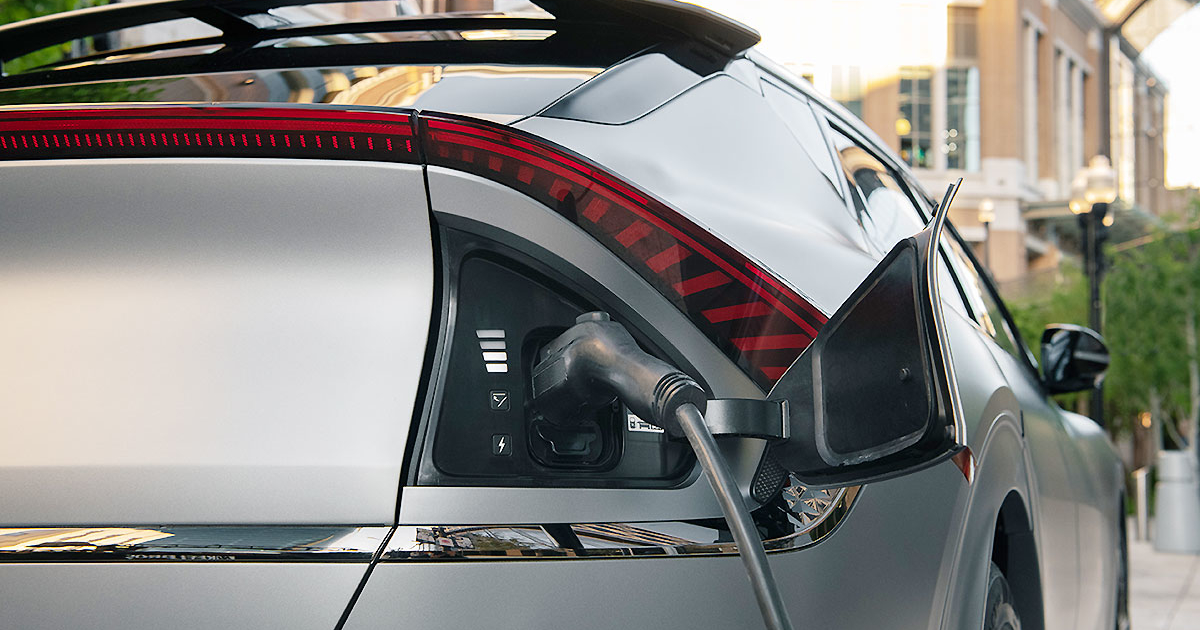
Electric vehicles made up 7.2 percent of second-quarter U.S. registrations, ahead of the 5 percent “inflection point” Chase Auto CEO Peter Muriungi said could signal EVs reaching 25 percent of the market within just two or three years.
For auto lenders and dealership finance offices, the question is: How are people currently paying for their EVs, and how will the potential impending flood of adopters pay for them in the future?
In this quarter’s Finance and Insurance special section, we look at trends dealership sales and F&I departments might see today or leverage in years to come.
Our lead story demonstrates automakers whose vehicles do not qualify for the 2022 Inflation Reduction Act’s new-EV tax credit are indeed capitalizing on the commercial vehicle tax credit by incentivizing leasing. Lease deals boomed from 7 percent of the EV market to 26 percent of new EV transactions between December 2022 and July 2023. Kia, for example, which passed all $7,500 on to the consumer, saw EV leasing pop from 10 percent of Niro customers before the Inflation Reduction Act to about 50 percent of Niro deals.
Meanwhile, the EV dealers whose vehicles do qualify for the new-EV buyer credit have a powerful tool in their arsenal — the prospect of up to $7,500 in tax savings the vehicle purchase would deliver to a qualified buyer. But the credit isn’t a given for all vehicles or all buyers — which raises the risk a dealership would overpromise in conversations with a customer and in advertisements. Find out from a trainer and a dealership website software provider ways a retailer might manage discussions of tax credits — a used-EV credit with its own rules exists as well — in the store and online.
Once a customer figures out how to finance an EV, here comes another question: Did they think about where they’ll charge it at home? If they don’t like filling up at a snail’s pace, they’re going to need a Level 2 outlet or Level 2 home charging box. A box could be at least $1,000 for the hardware and installation. What if the customer could just buy all that from the dealership and bundle it in the car loan like any finance-and-insurance product or physical vehicle add-on? EV home charger startup Treehouse — who just raised $10 million from companies including Assurant — told us it sees potential in that model, and some lenders have already begun to approve EV loans financing the charger as well.
Read all of these stories and other EV coverage in our third-quarter F&I special section. Because we understand the only thing more thrilling than the acceleration of an EV is the structure of a car deal for one.